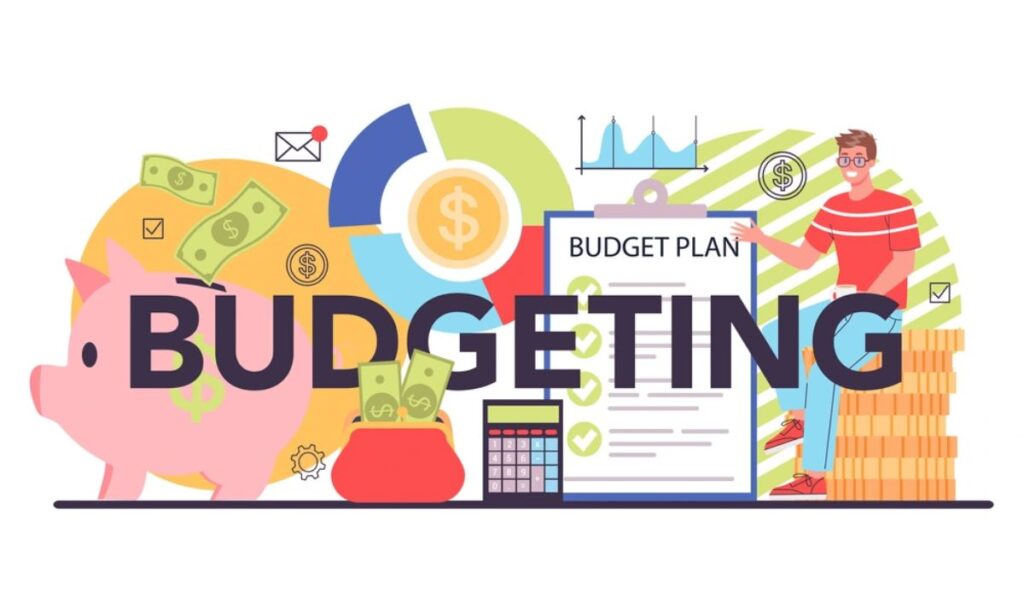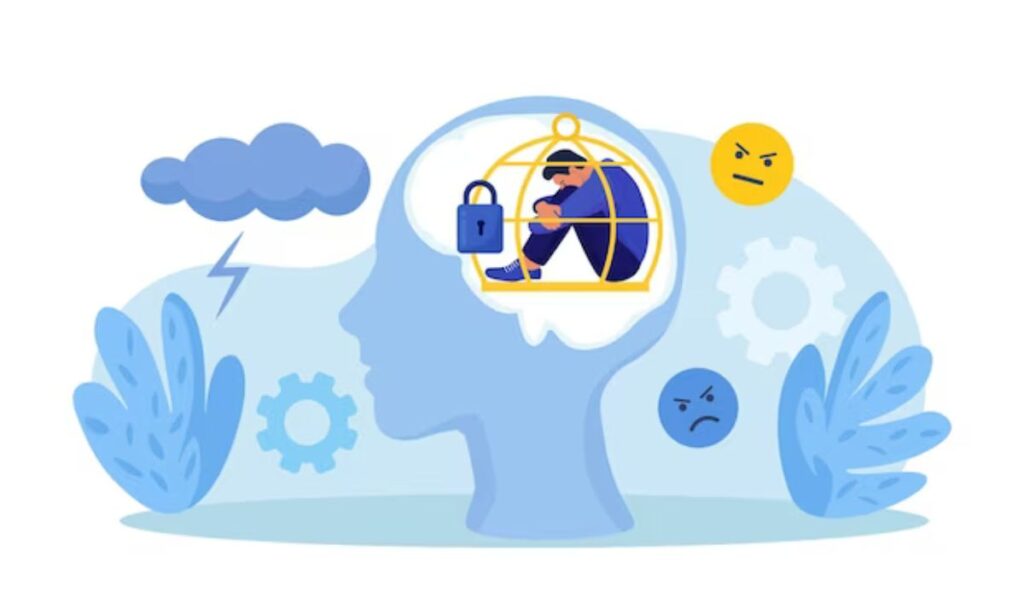How Can You Improve Your Financial Literacy in 2024?
New Year, New Me! That’s what everyone is saying as we start 2024. While everyone plans to improve their health and career, not many think the same for their finances.
Sure, everyone is saying they want to earn more or save more. But their thinking needs to be corrected.
The right question should be, “How can you improve your financial literacy?” And in our new article, we will answer this.
We will review the nine best ways to improve your financial literacy in 2024. Afterward, we will discuss people’s common issues with improving their financial literacy.
How Can You Improve Your Financial Literacy?
Since we are asking you, “How can you improve your financial literacy?” we should also answer the question. To help you get a head start on improving your financial literacy by sharing nine tips.
Develop A New Budget

Making a budget is the first step to financial literacy. List your income and expenses, and allocate wisely.
Budgeting helps you figure out where your money goes, allowing better control over spending habits.
Find A Financial Advisor

Seeking professional advice can enhance financial understanding. A professional financial advisor guides you in making informed decisions.
A financial advisor provides personalized strategies, considering your unique financial situation and goals.
Save More, Spend Less

Saving money is crucial for financial stability. Cut unnecessary expenses and prioritize saving for future needs.
Minor adjustments, like cooking at home or limiting impulse buys, contribute to significant savings over time.
Figure Out Your Credit Score

Figuring out your credit score is critical to your financial health. It affects loan approvals and interest rates.
Regularly check your credit score for accuracy and take steps to improve it, for example, paying bills on time.
Make Plans For Your Retirement

Planning for retirement is vital. Start early, contribute to retirement accounts, and explore investment options.
Consider your desired retirement lifestyle when setting savings goals. Frequently reassess and adjust your plans as needed.
Reduce Your Debts

Managing debt is crucial. Create a repayment plan, prioritize high-interest debts, and avoid accumulating more debt.
Reducing debts frees up funds for savings and investments, contributing to overall financial well-being.
Make Proper Investments

Diversify investments to manage risks. Look for options like stocks, bonds, and real estate based on risk tolerance.
Continuously review and adjust your investment portfolio to align with financial goals and market conditions.
Subscribe To Financial Channels and Newsletters

Stay informed by subscribing to financial channels and newsletters. Regular updates provide insights into market trends.
Accessible information helps you make informed decisions, enhancing your financial literacy.
Keep Revising

Continuous revision is essential. Regularly assess your financial goals, adapt to life changes, and update your plans.
Flexibility ensures that your financial strategy aligns with your evolving needs and circumstances.
We only shared nine tips but you should understand what we are talking about. There are other tips you can follow but start with these nine. The better you get with them the better you financial future will look like.
Common Challenges To Improving Your Financial Literacy
You now know some answers to “How can you improve your financial literacy?” You should also know about some of the challenges you will face.
Here are seven common issues people face while improving their financial literacy:
Lack of Accessible Resources

Access to reliable financial education can be limited. Seek online courses, workshops, or local resources for learning.
Online platforms offer accessible tools to bridge the gap, making financial education more widely available.
Overwhelming Financial Jargon

Complex terminology can hinder understanding. Break down financial jargon into simple terms for better comprehension.
Utilize resources that explain concepts in layman’s terms, making financial learning more approachable and less intimidating.
Fear of Making Mistakes

Fear can paralyze learning. Embrace mistakes as part of the learning process, and don’t let fear hold you back.
Learning from mistakes strengthens financial knowledge. Overcoming fear fosters confidence in making informed financial decisions.
Limited Time for Learning

Busy schedules can impede learning. Incorporate financial education into daily life, even in small, manageable increments.
Short, focused learning sessions, whether through articles or videos, fit into busy schedules, ensuring consistent progress.
Lack of Personalized Guidance

Generic advice may not address specific needs. Consider seeking guidance from financial advisors for personalized assistance.
Financial advisors provide tailored strategies, ensuring your financial journey aligns with your unique circumstances and goals.
Psychological Barriers

Emotional factors can hinder financial learning. Recognize and address emotions like fear, anxiety, or apathy.
Emotional intelligence is vital. Acknowledge feelings, seek support if needed, and approach financial learning positively.
Technology Overwhelm

Navigating financial technology can be daunting. Start with user-friendly apps and platforms to build confidence gradually.
Technology is a tool. Embrace it at your own pace, ensuring it enhances rather than overwhelms your financial literacy journey.
There are other issues you might encounter. Some of them will be generic like the seven we mentioned while others will be more personal. But by overcoming them you can improve your financial literacy and future.
Conclusion
We gave you nine answers to “How can you improve your financial literacy?” Out of the nine, we believe that number 2 is the one you should follow first.
Getting help from an experienced financial advisor will help you make better financial decisions and elevate your financial condition.
On your road to better financial literacy and financial condition, you will face problems. Please take note of the seven we shared and ensure that you avoid or overcome them.
FAQs
How often should I reassess my financial goals?
Regular reassessment is crucial. Consider reviewing your goals annually or when significant life changes occur.
Are online assessments reliable for evaluating financial literacy?
Yes, many online assessments are reputable. Choose well-established platforms with positive reviews.
Can financial literacy impact my day-to-day life?
Absolutely. Financial literacy enhances decision-making, leading to improved daily financial habits.
Is hiring a financial advisor necessary for everyone?
While not necessary, a financial advisor can give valuable insights and guidance, especially for complex financial situations.
How do budgeting apps help in financial management?
Budgeting apps track your expenses, provide insights, and assist in building and sticking to a budget effortlessly.

